Is Your Car Contributing To Toxic Landfill Waste? Find Out Now.
Toxic waste is a serious threat to the environment. The United Nations Environment Programme (UNEP) has classified 11 types of toxic waste. Those types should always be disposed of the right way. If those toxic substances end up in the landfill, they contaminate the soil and water supply.
Automobiles come loaded with substances that are toxic to the environment. Here’s a scary fact: a vehicle can contain about half of the substances in UNEP’s list. Despite EPA’s restrictions in place, lots of contaminated auto parts and fluids end up in the landfills. This contributes to the destruction of the environment.
Many car owners unknowingly contribute to toxic landfill waste by engaging in habits that harm the environment. The good news is it’s easy to change those habits. Read on to find out how!
Do You Send Car Batteries To The Landfill?
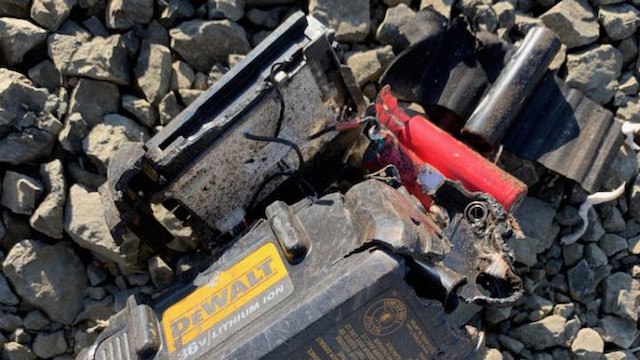
Car batteries come loaded with toxic materials that are horrible for the environment:
- Heavy metals (such as lead, mercury, and cadmium)
- Sulfuric acid
- Other toxic and corrosive materials
Car batteries that end up in landfills end up decomposing and falling apart over time. The toxic materials within batteries will seep into the ground and contaminate the soil and water supply. Those materials may harm the local human and animal populations. For example:
- Cadmium may cause:
- Lung damage
- Digestive tract irritation
- Kidney disease
- Lead may cause:
- Harm to the nervous system
- Harm to the reproductive system
- Kidney damage
- Mercury may cause:
- Birth defcts
- Kidney damage
- Brain damage
The Solution
Dispose of car batteries in a safe way. All you need to do is bring your old battery to a place that has a car battery recycling program. Many auto parts stores, such as Auto Zone or NAPA, will accept old car batteries. Some will even offer you cash or store credit!
Do You Send Used Car Fluids To The Landfill?
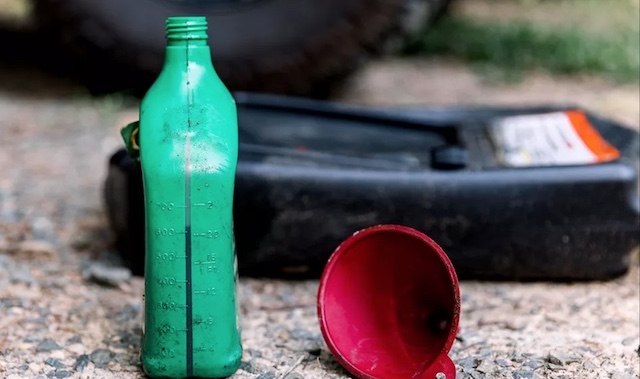
Did you know that used motor oil is the largest source of oil pollution? Car owners send a boatload of used motor oil to the landfill every year. The heavy metals and other toxins in used oil can contaminate the oil and water supply.
Know what’s even sadder? Motor oil isn’t the only toxic fluid to come out of a car. There are many other fluids that are horrible for the environment, including:
- Antifreeze
- Brake fluid
- Transmission fluid
The Solution
Never, ever, ever dump any automotive fluids on the ground, into a storm drain, or into a septic system! Also, never send any fluids to the landfill! What you need to do is find a recycling center that accepts hazardous waste (like used car fluids). Here’s more info on recycling motor oil.
Do You Use Disposable Oil Filters?
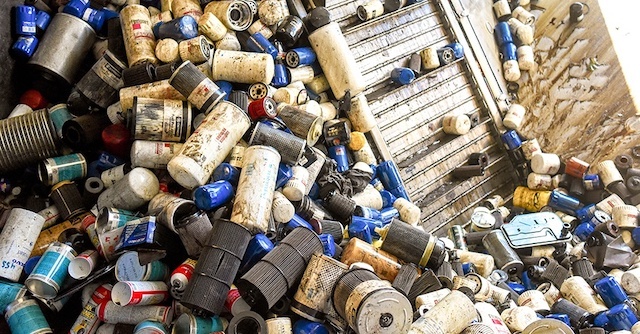
Not many drivers realize this, but disposable oil filters are horrible for the environment. One, they’re disposable. That means tons of waste. Two, many disposable oil filters being sent to landfills still contain a little bit of oil. The residual oil can contaminate the soil and water supply. Only one gallon of used motor oil can contaminate up to one million gallons of water!
The Solution
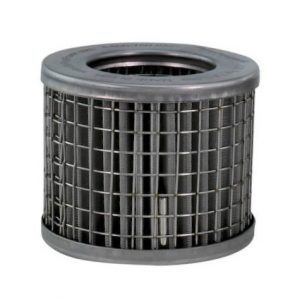
Did you know that lifetime oil filters exist? A good quality lifetime oil filter is made of durable metal (like stainless steel) and lasts longer than your car. You can use it over and over again. Using a lifetime oil filter is great for the environment because:
- It doesn’t create any waste
- You won’t be sending any oil to the landfill
PurePower! is a great lifetime oil filter brand. We care about the environment, so that’s why we make high quality lifetime oil filters. Check them out here!
Do You Use Brake Pads That Contain Asbestos?
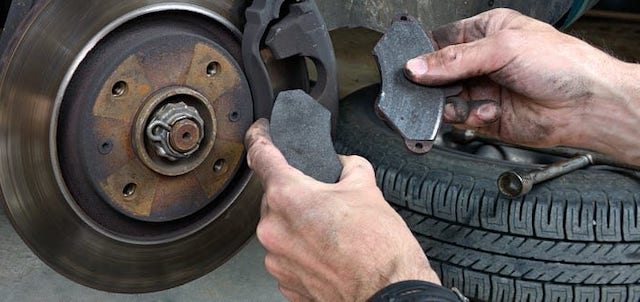
It’s the 21st century and some brake manufacturers still make brake pads with asbestos! In case you haven’t heard, asbestos is a harmful substance that can cause lung cancer and other terrible side effects.
Asbestos-riddled brake pads send harmful asbestos fibers into the air. That means people can inhale it. If the asbestos fibers settle into the water and soil, people and wildlife can unknowingly ingest it.
The Solution
The solution is very easy: don’t use brake pads that contain asbestos!
